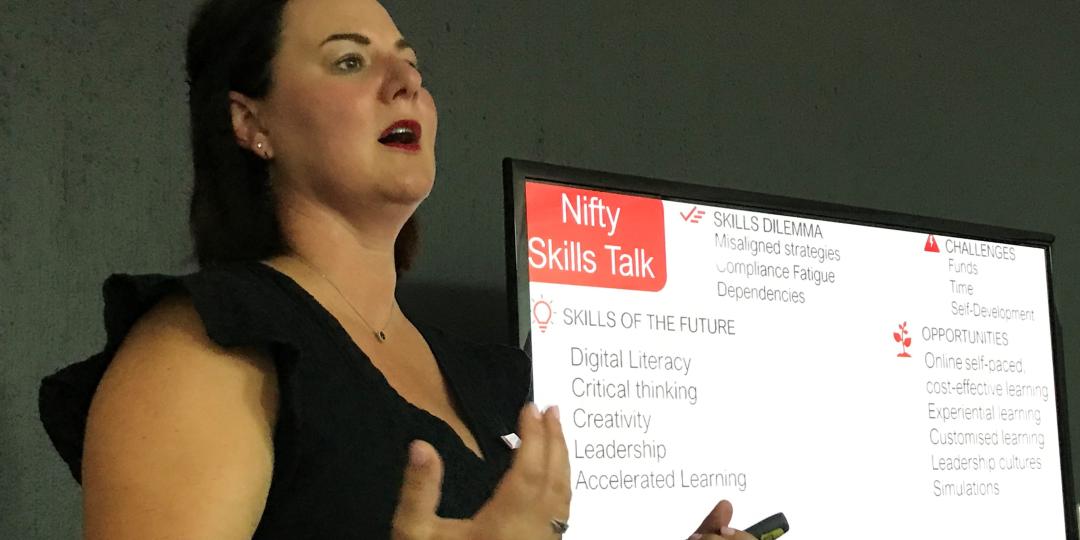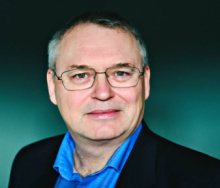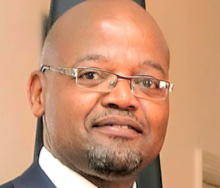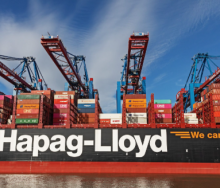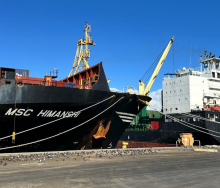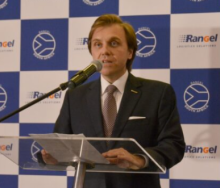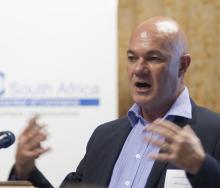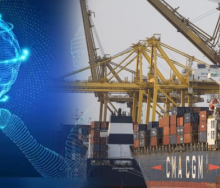“Thinking out of the box” may have become a bit of a cliché, about as hollow-ringing as “blue sky thinking”, which is not to say that it’s not possible to bring out the best in one’s professional ability through acute skills improvement.
According to Juliette Fourie of Metro Minds, 2022 should be the “Year of 2020-You!” whereby employees and employers will do well by fine-tuning their focus on self-realisation in a bid to add individual context to workplace perspective.
Although it may sound suspiciously airy fairy, the founder and chief executive of the supply chain and logistics academy has reason to feel philosophical about progress in training, and she has the World Economic Forum (WEF) in her corner.
Training her gaze on the uncertainty that Covid has caused through major disruption, Fourie said the WEF had identified five important competencies that might help prepare employees and executives cope better with curveballs and unforeseen eventualities: digital literacy, creative thinking, creativity, leadership, and accelerated learning.
“Digital literacy is right at the top,” she told a variety of freight industry representatives who attended the academy’s first “Power Hour” presentation for the year.
“It’s 200% more relevant than ever and includes online and virtual skills, the ability to work on technology, and bringing innovation into things.”
In short, she summed it up as being equipped with the necessary wherewithal to bridge the digital divide.
As for the second competency on the WEF list, Fourie said: “Critical thinking, problem solving and decision making are the top three skills that graduates don’t have when they enter the workplace.
“Why? Because they have academic background but they have never seen the practicality of it.”
All the more reason, Fourie argued, why self-actualisation or “2020-You!” should be highlighted by employers interested in bringing out the best in their employees through adding context to perspective.
“You can’t think critically if you don’t have context.
“People sit behind computers and they don’t have context.
“They only have perspective of what they see in front of them, and without context you can’t think critically.
“If you don’t have the full picture or the broad spectrum, you can’t do critical thinking.”
As for creativity and leadership, Fourie said it was a misconception that the former was a quality exclusive to artistry, in that it took creative thinking to seek innovative solutions necessary for business growth.
Sadly, the latter, especially ethical leadership, has become a blight on South Africa’s professional reputation, a rare commodity that should be nurtured for the sake of companies seeking strategic success.
All in all it brought Fourie to the WEF’s last item on the list: accelerated learning.
Referring to it as something that has arisen out of time constraints and cost, she said it was all about “short, quick, quirky, powerful stuff – non-formalised online learning that is affordable and time-efficient (*).
* Metro Minds has a variety of accelerated learning options through what it calls “Smart Minds.” This article will have a follow-up report on Monday morning to coincide with a repeat of the Power Hour presentation at 9am on January 24.
For more information: natasha@metrominds.co.za
